Tuesday, 15 August 2023
Up and on the river - the sun is still low, however, it is starting to hit the canyon walls.
Up and on the river - the sun is still low, however, it is starting to hit the canyon walls.
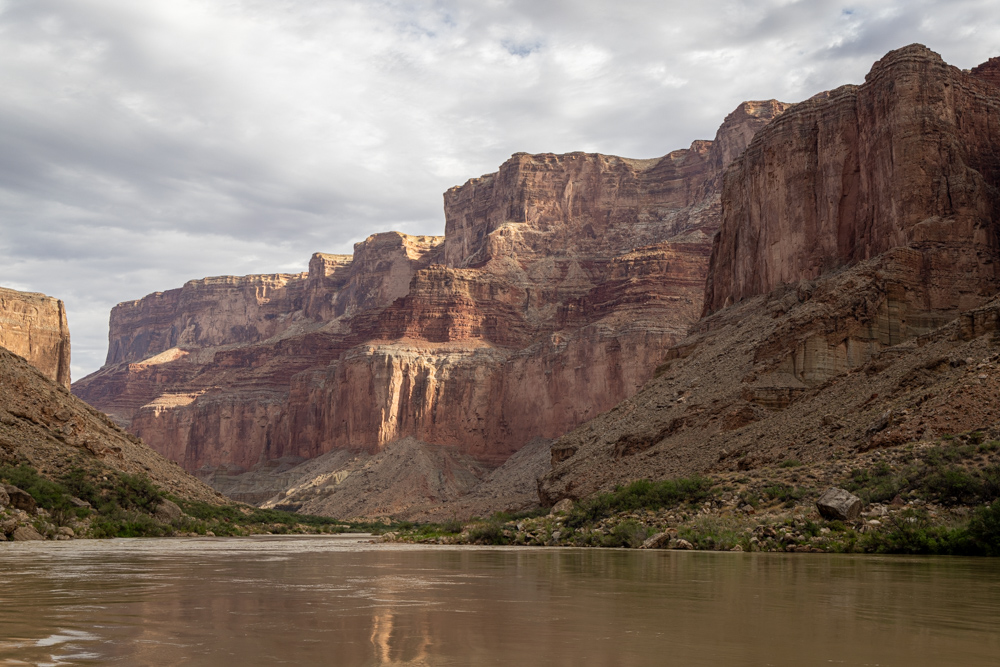
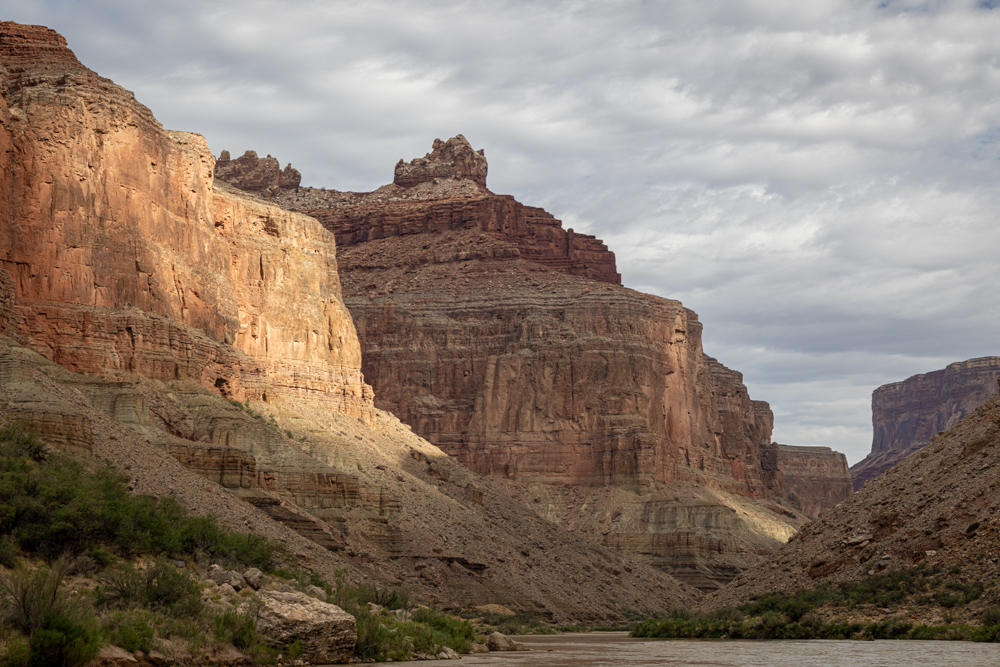
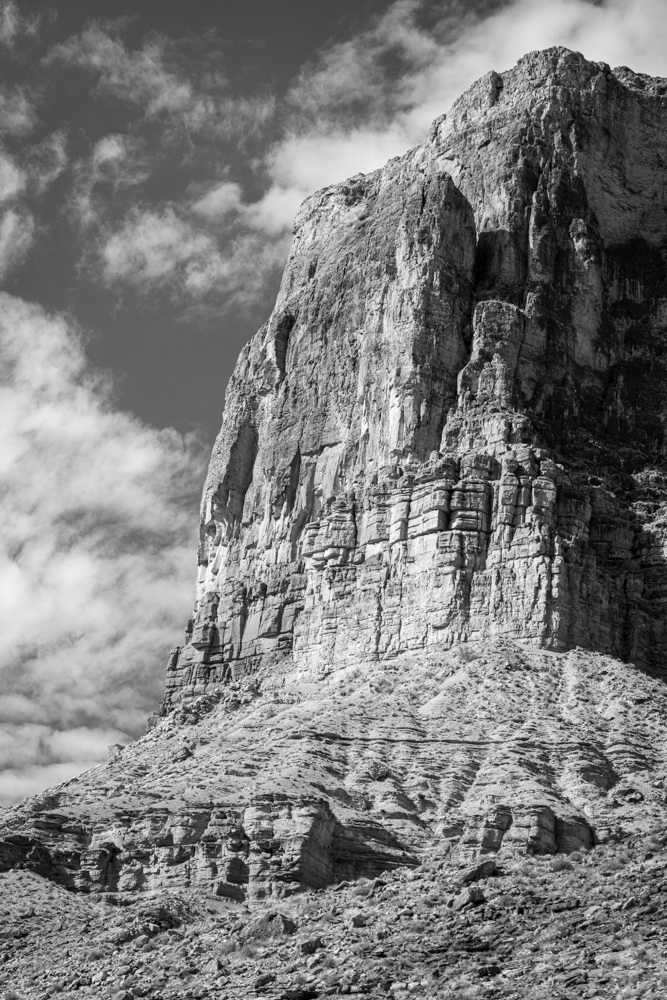
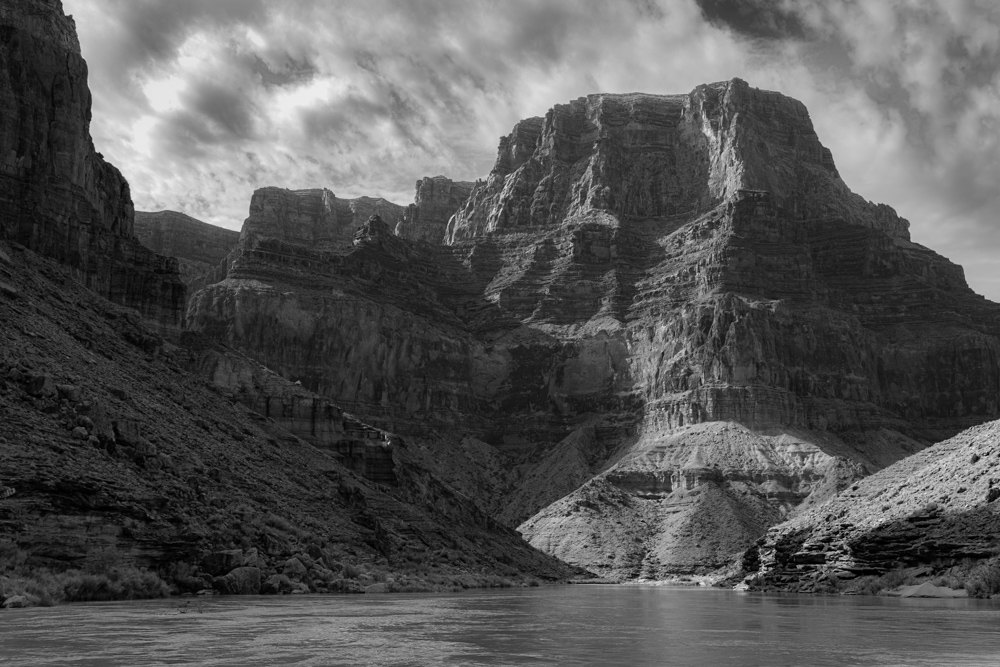
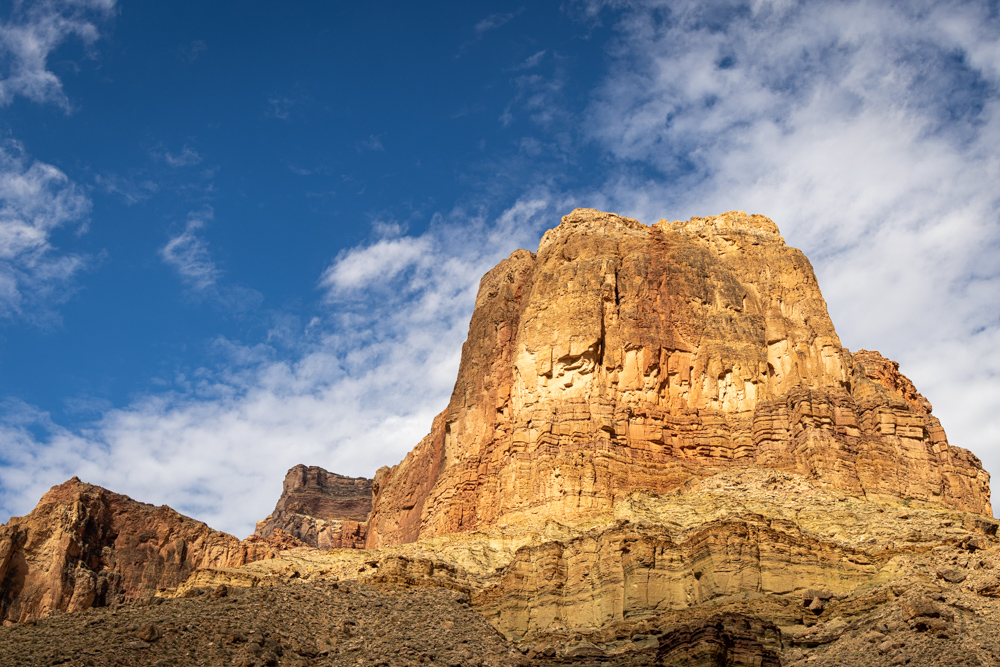
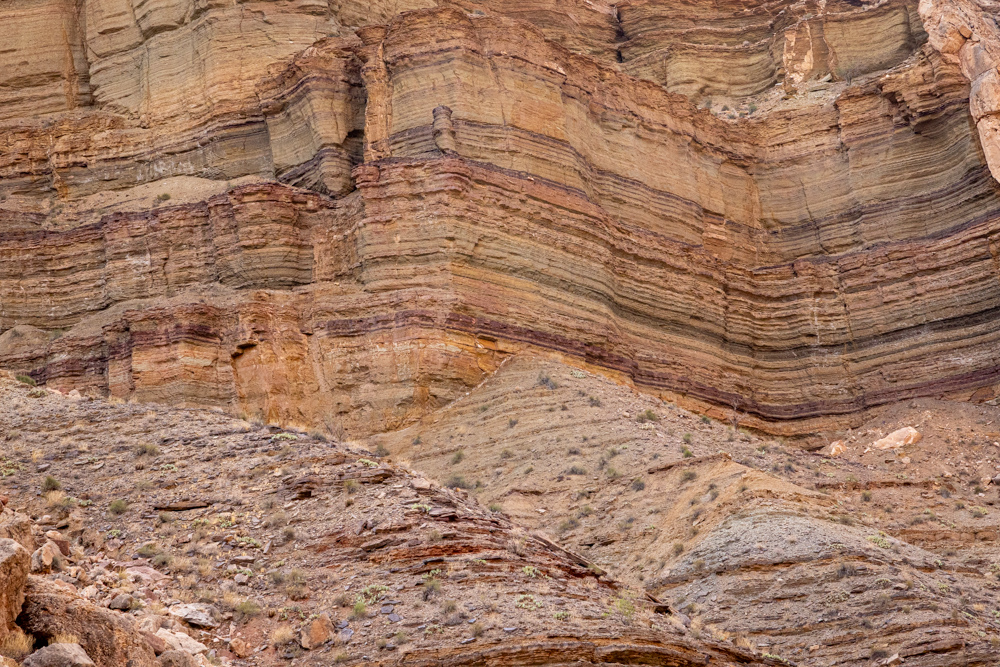
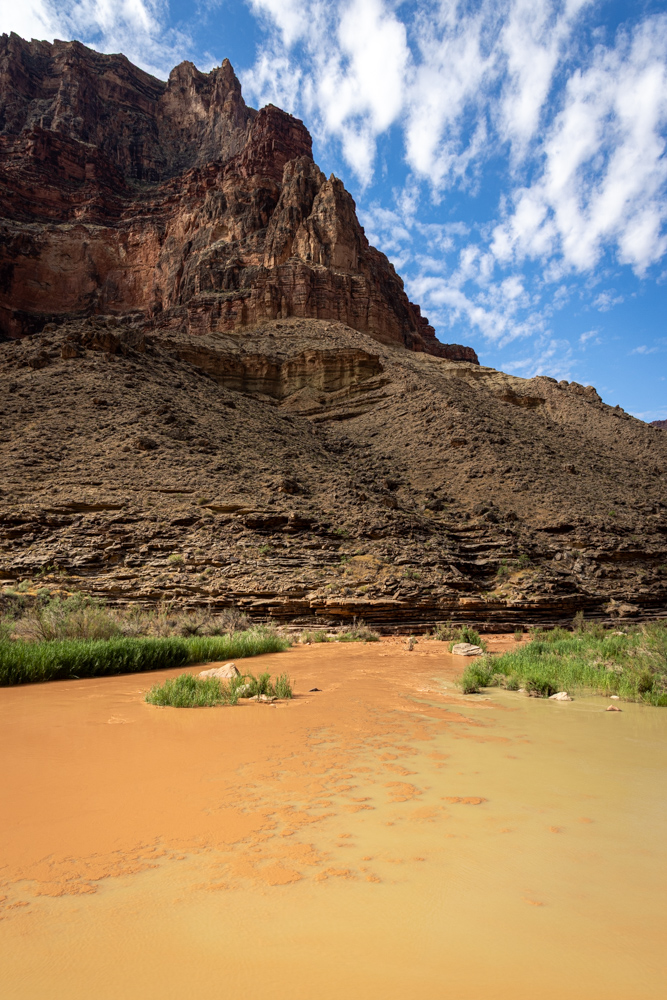
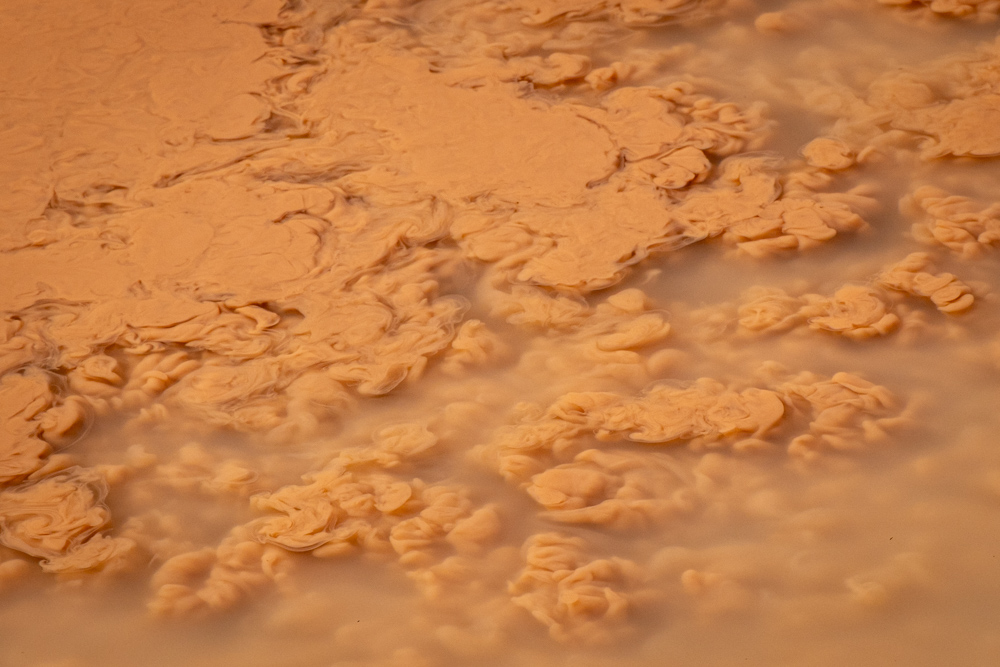
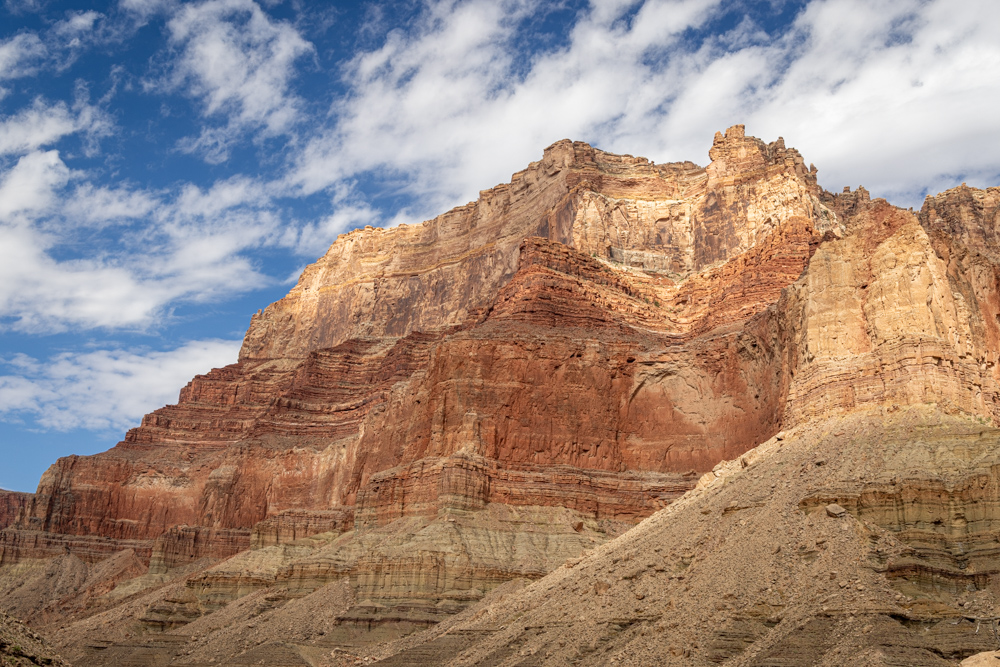
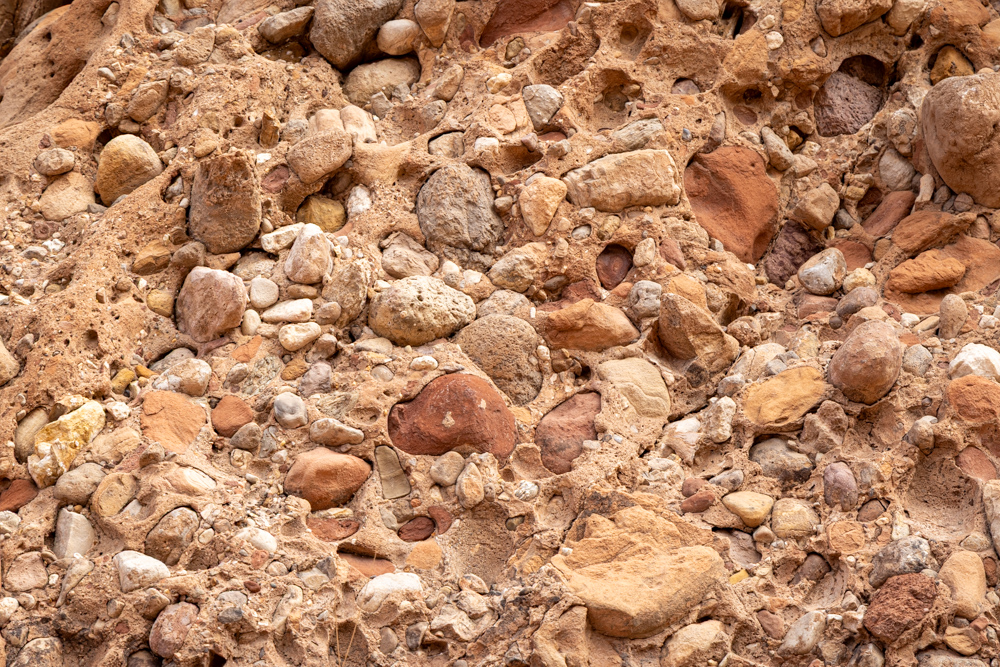
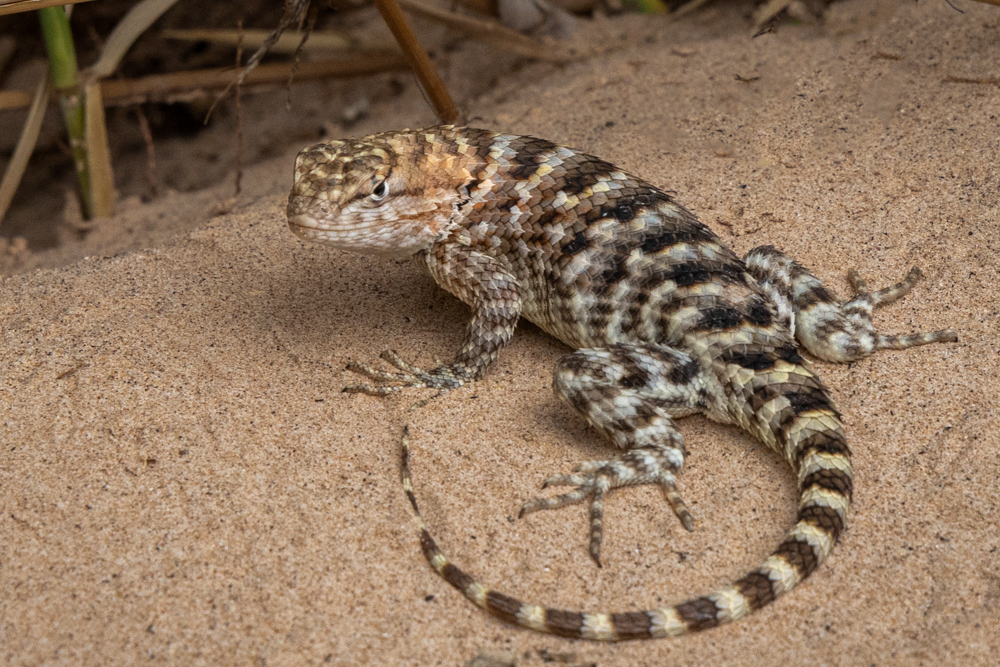
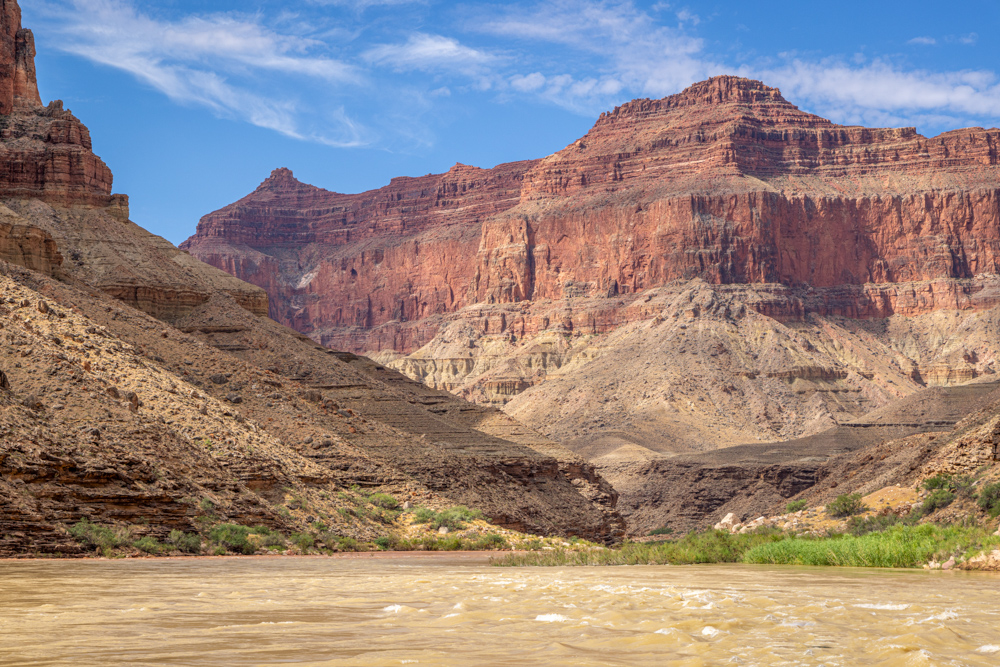
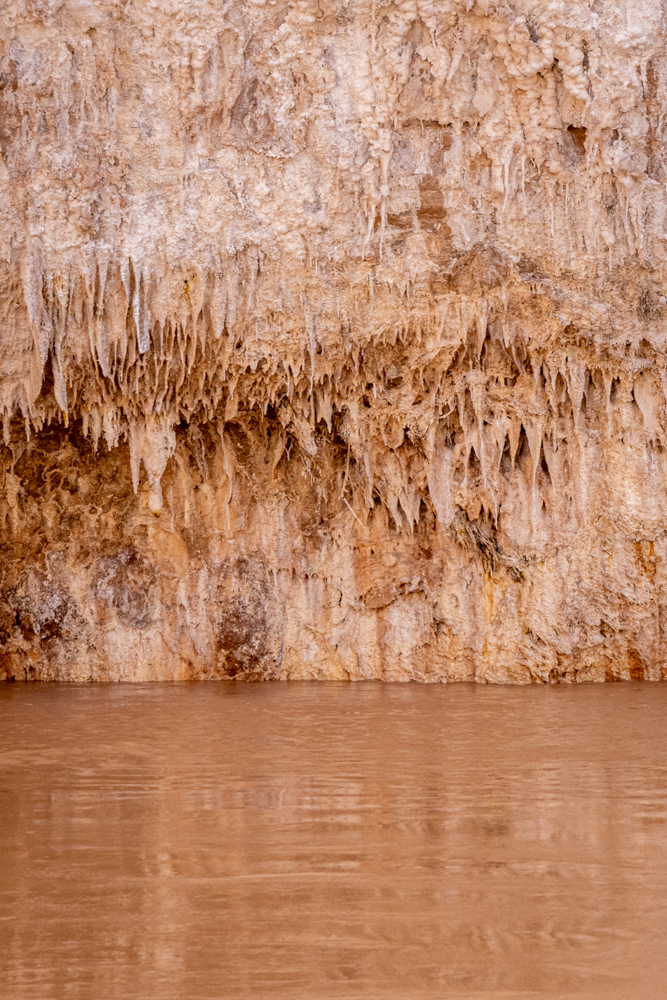
The area is sacred to the Hopi, so we cannot stop and touch or take any salt (not that it was a priority).
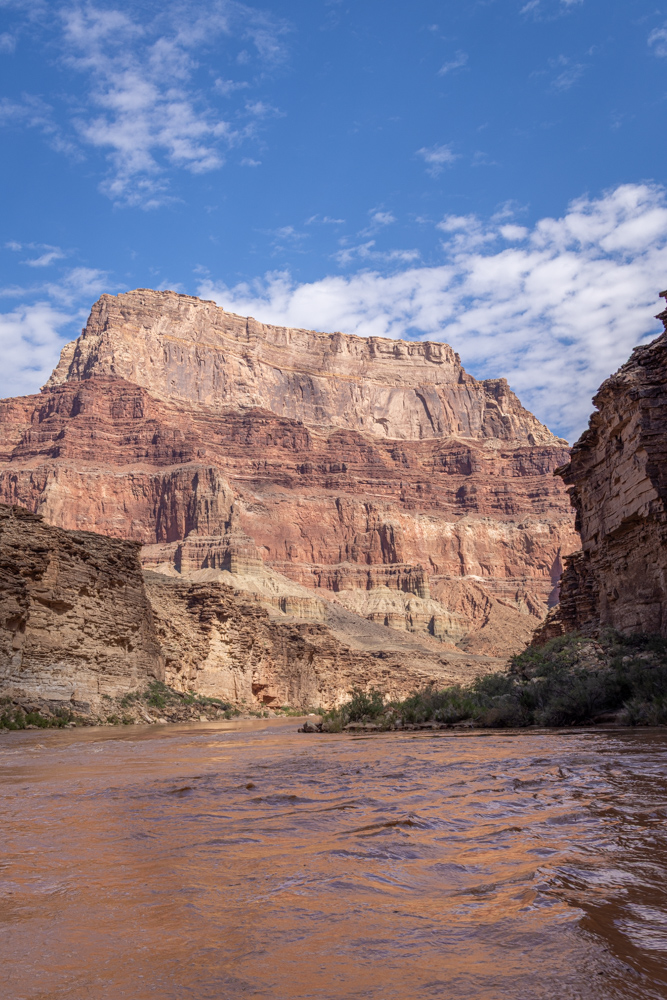
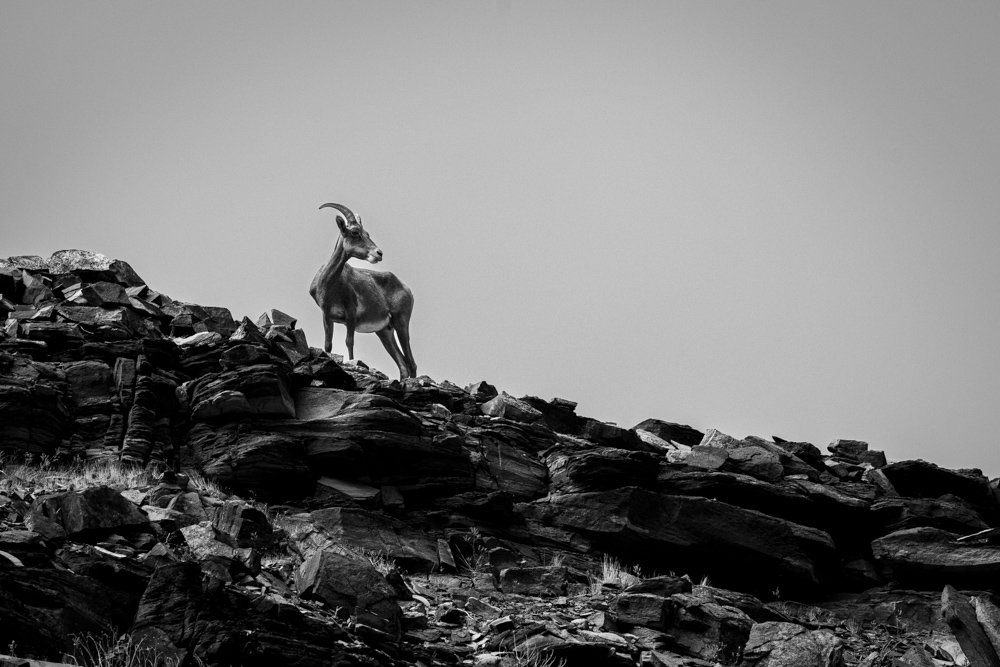
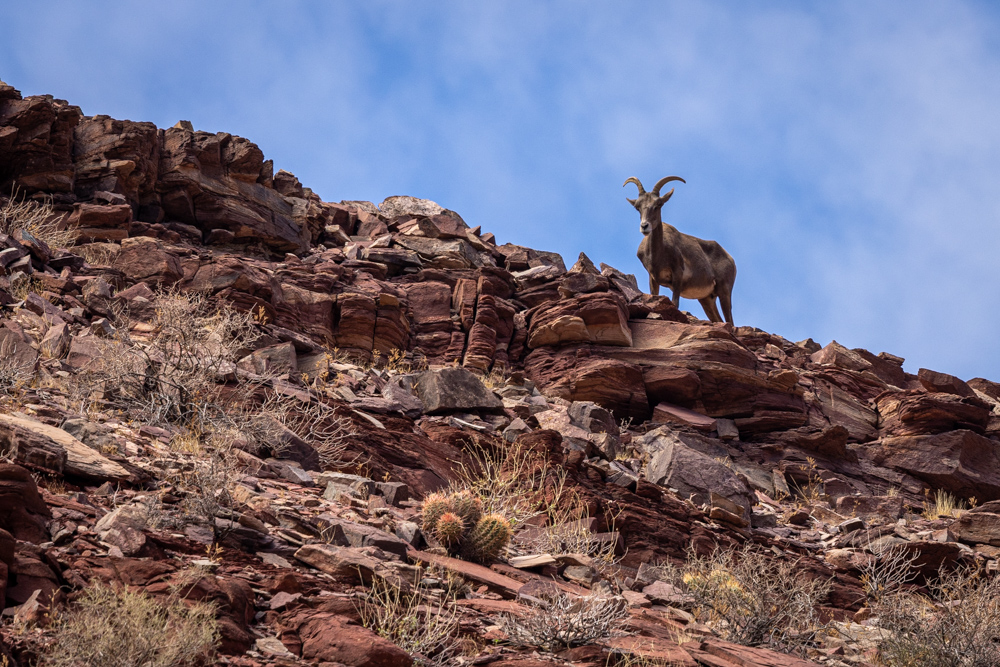
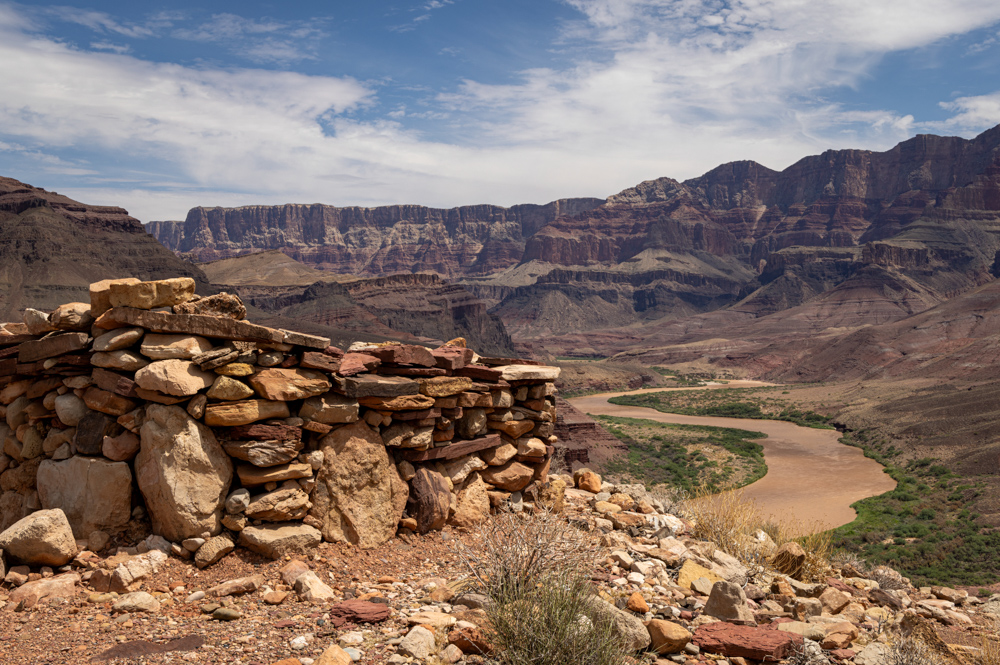
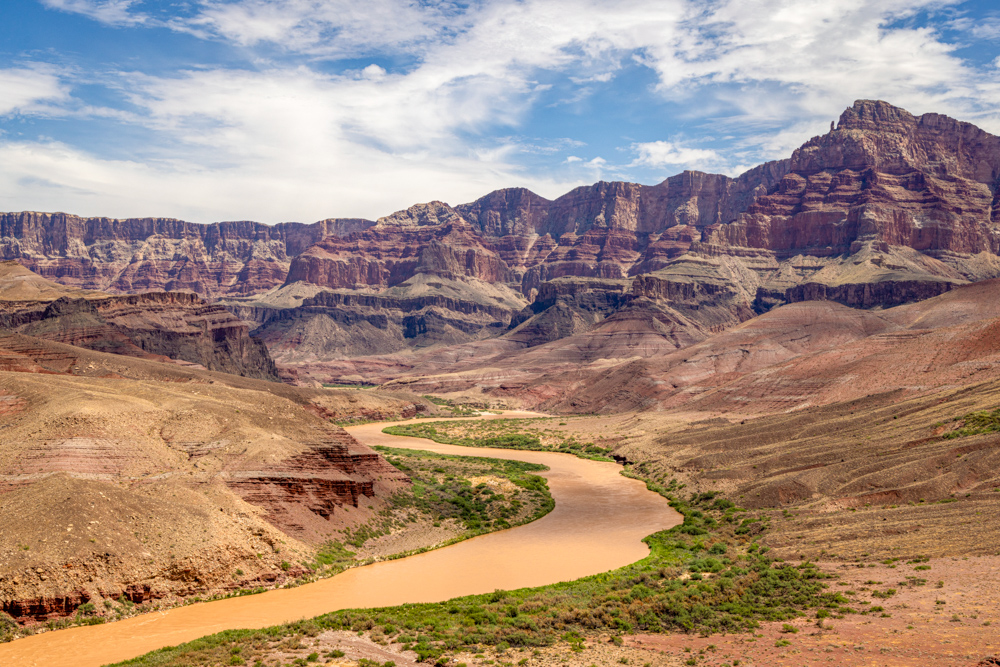
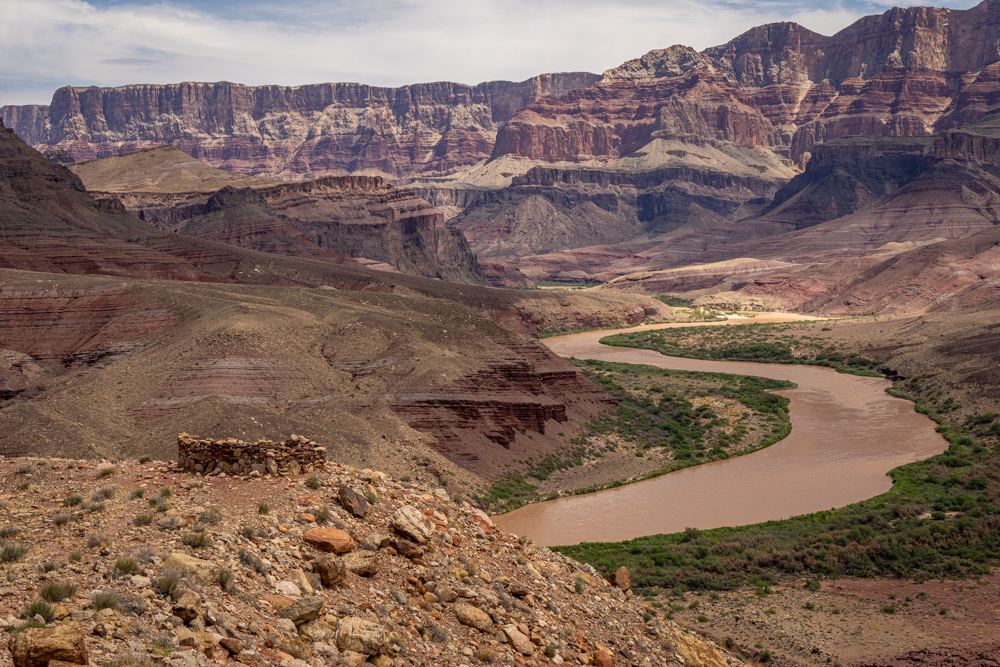
Not really sure what the function of a structure would be way up here - sentry?
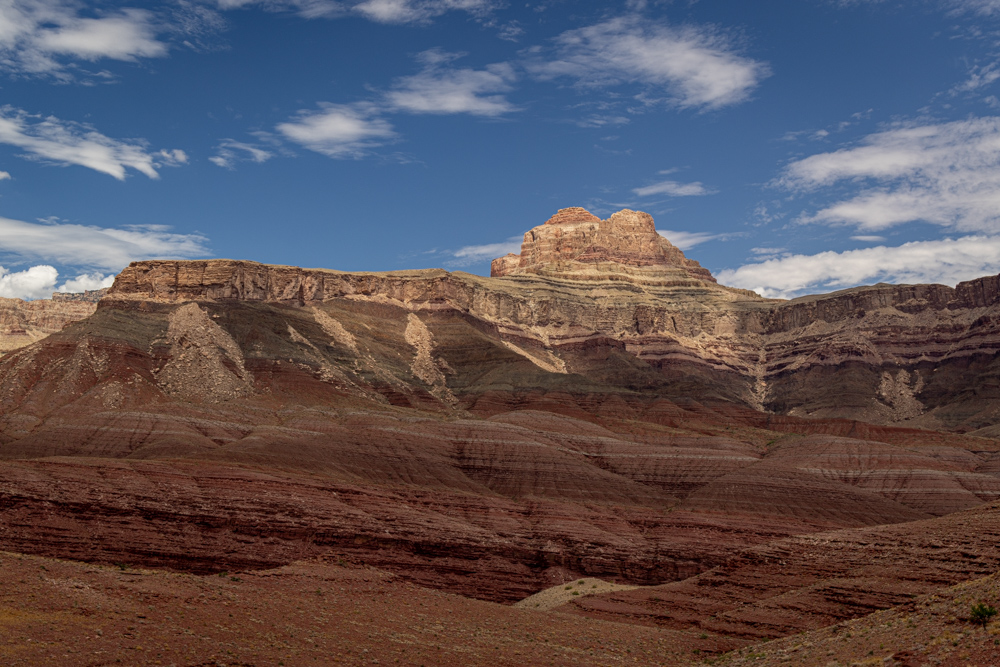
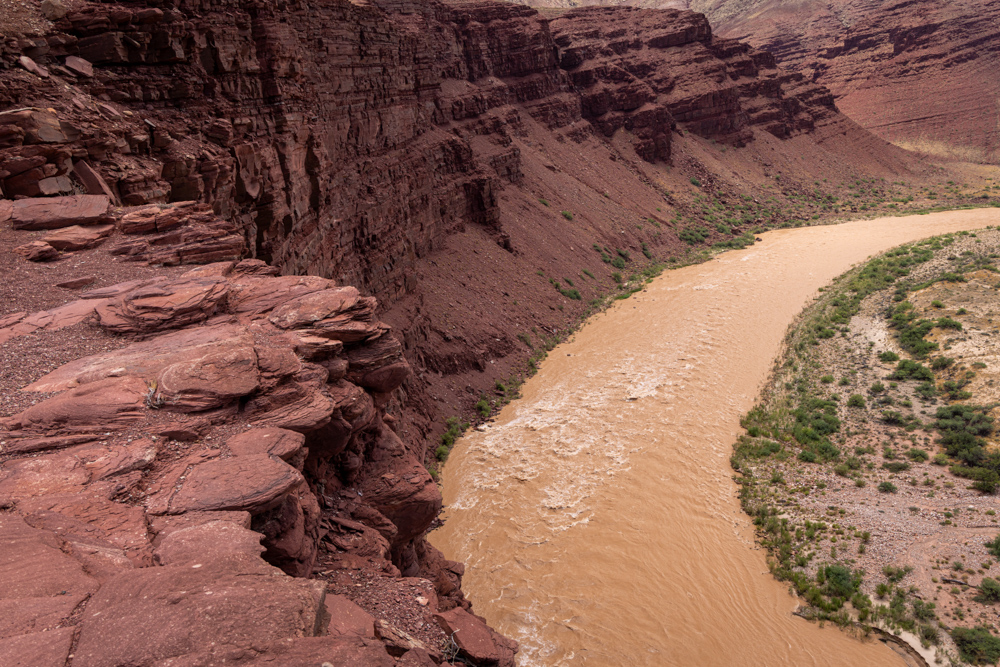
On the right is the Unkar Delta where there are several ruins of Anasazi habitation. In 2011, I visited the Grand Canyon for 24 hours and photographed the Unkar Delta.
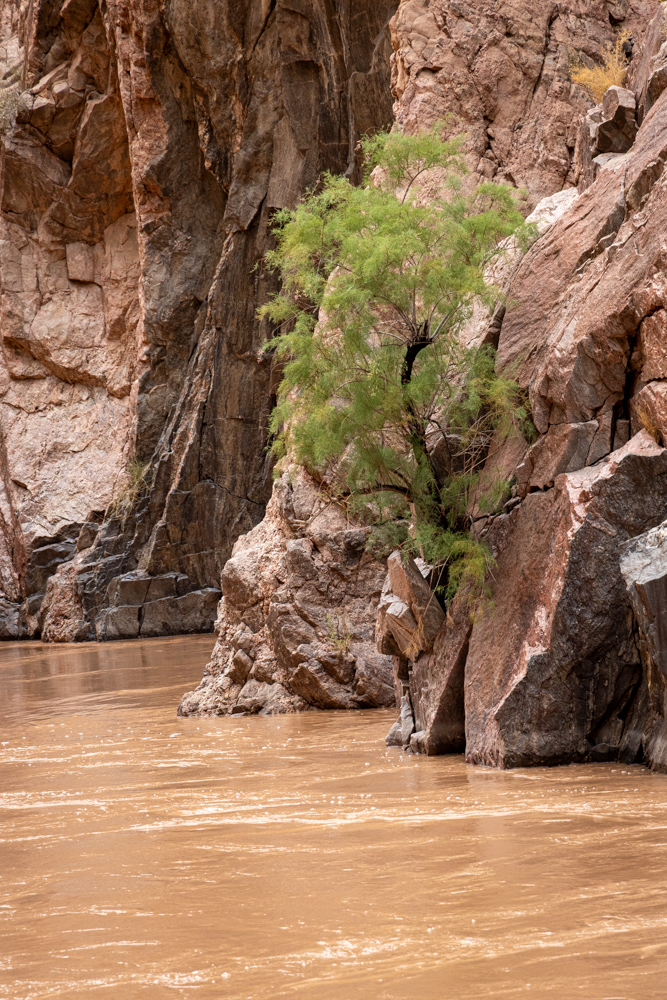
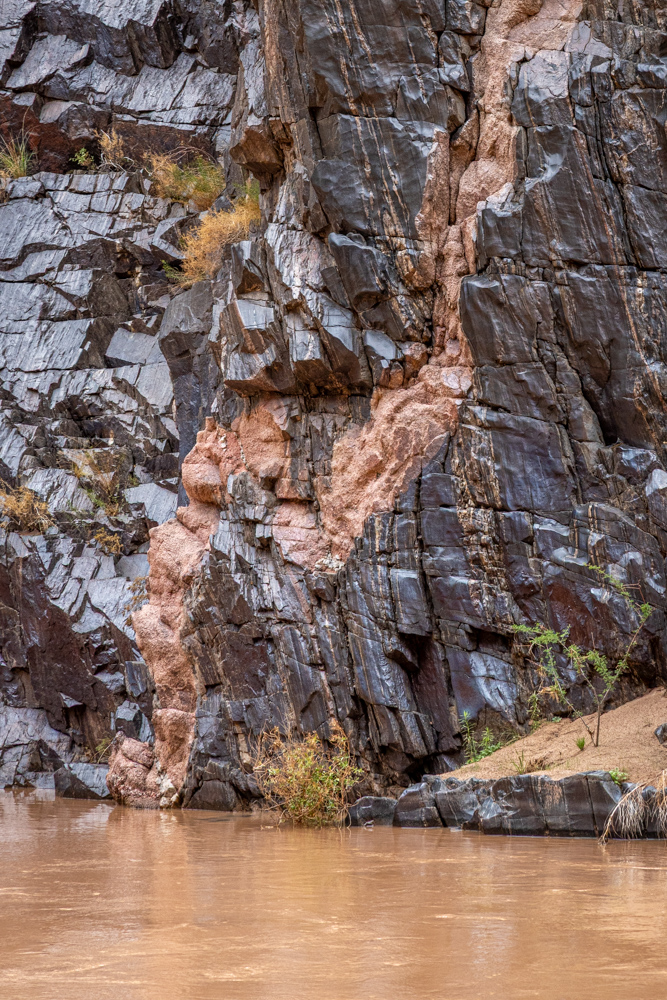
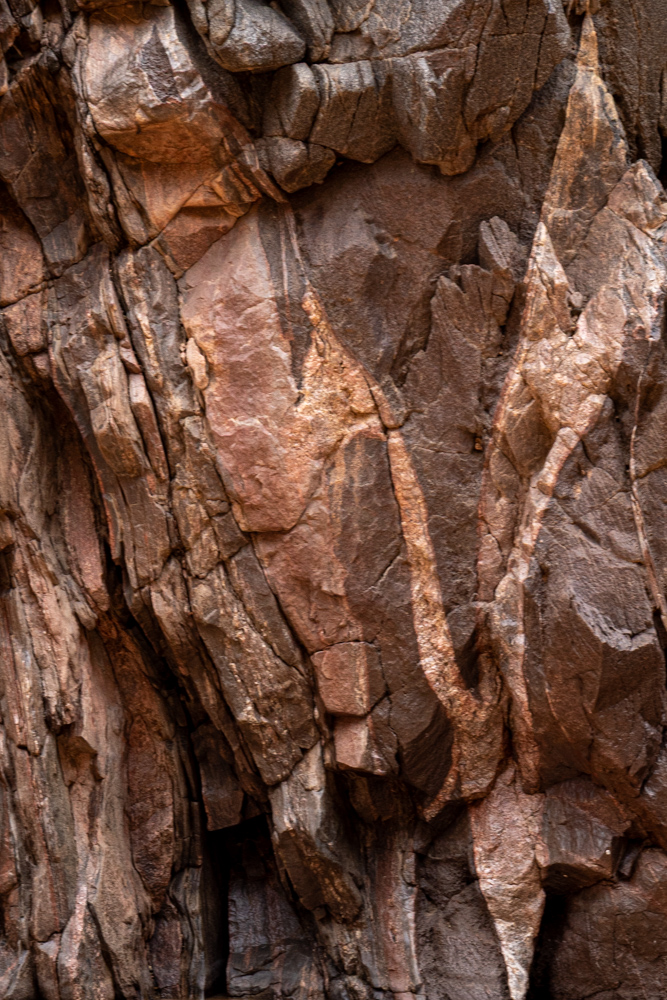
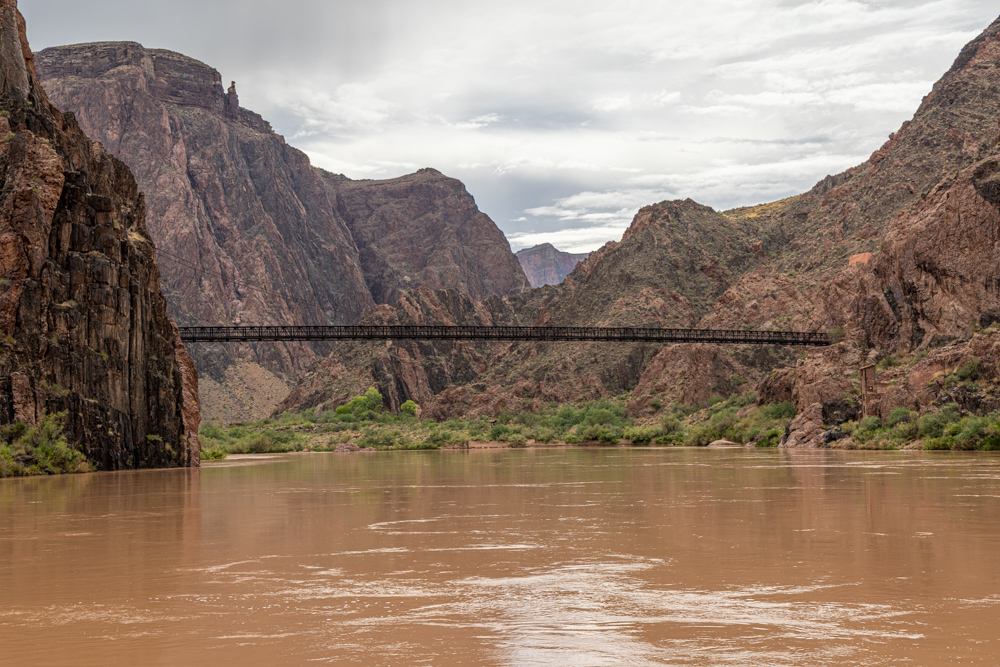



The camp was at the entrance to a canyon created by 91 Mile creek, and I wandered up the creek before dinner. Here you can see up close the mix of Vishnu Schist (black) and Zoroaster Granite (pink).

Pleasant night. We had steak for dinner - I had two steaks.